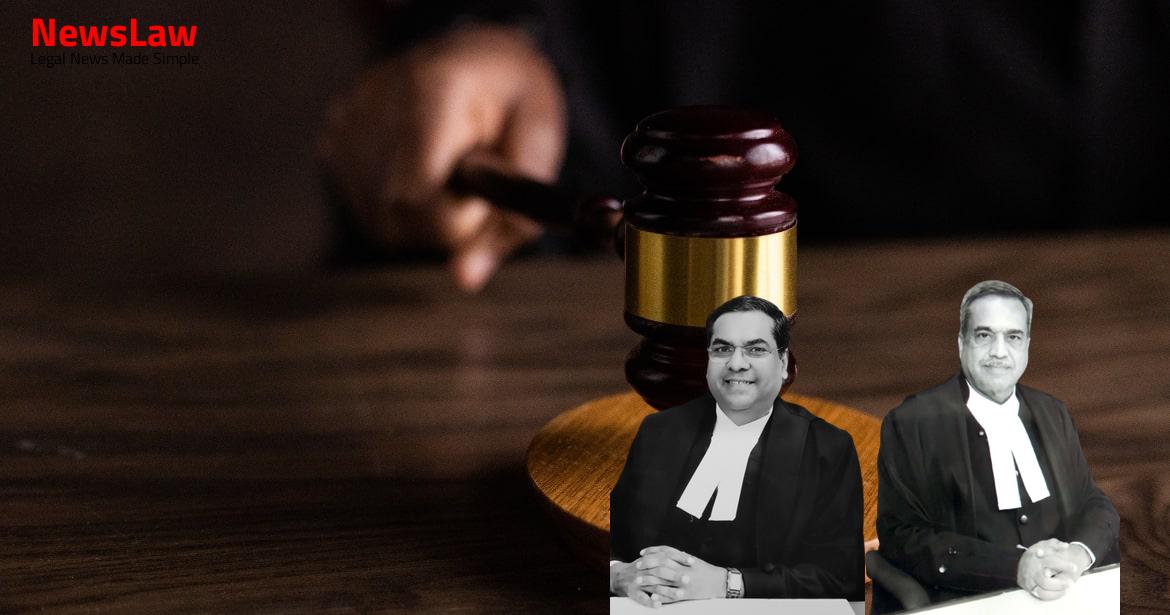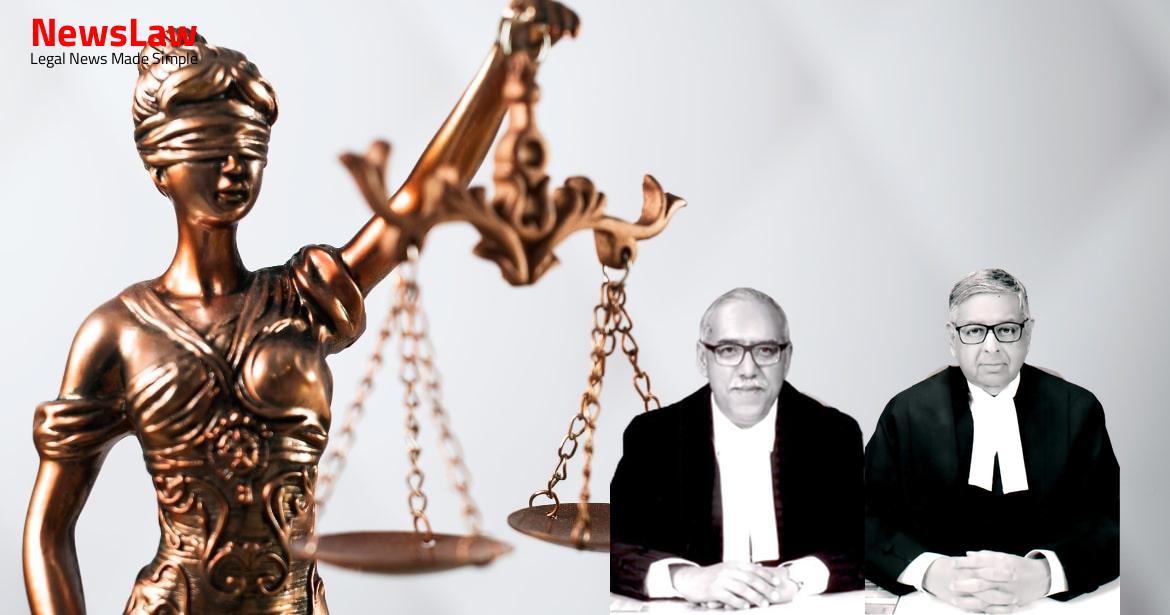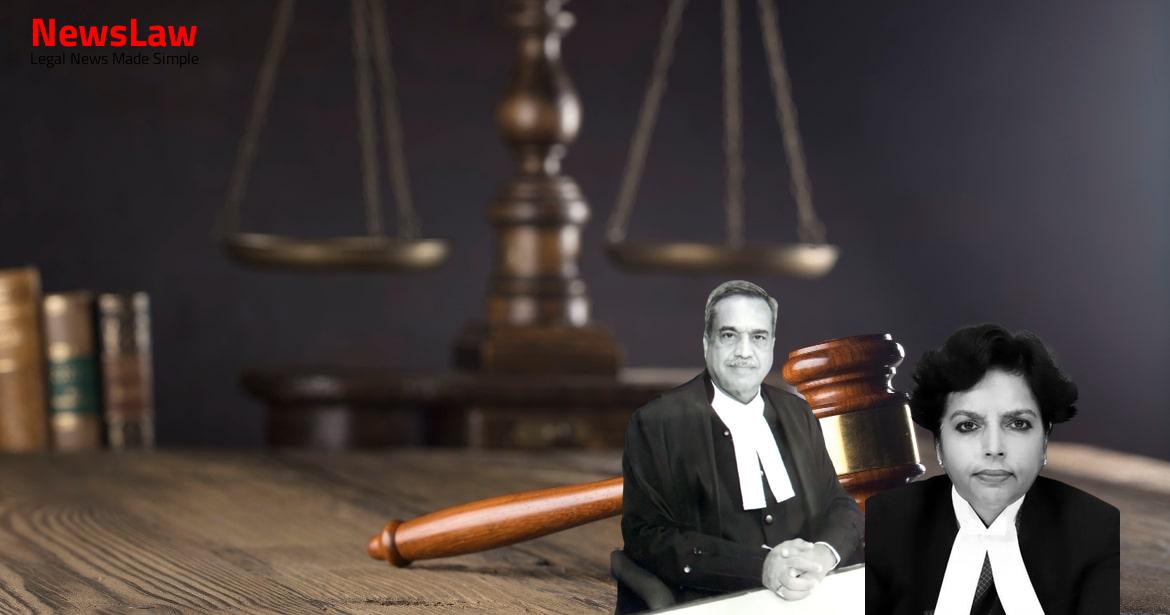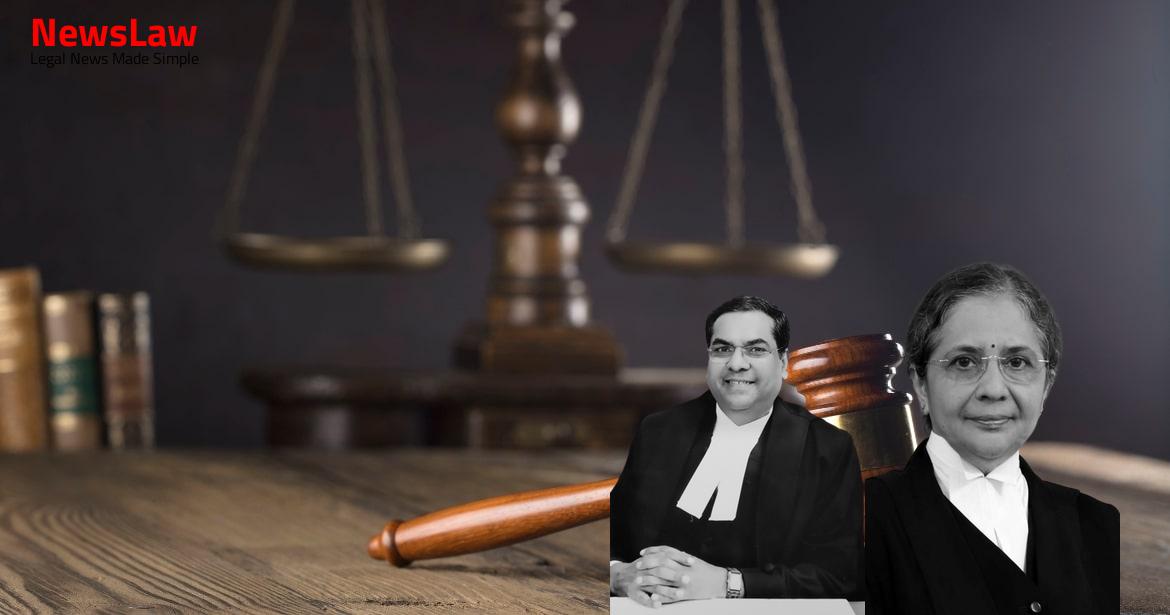Explore the nuances of a recent High Court case where the legality of a notice issued by the Anti-Corruption Bureau was questioned. This summary focuses on the court’s detailed examination of the requirements for a preliminary enquiry, the necessity of registering an FIR in certain situations, and the safeguards in place to protect the interests of the individual under investigation. Dive into the complex legal analysis provided by the court in this intriguing case.
Facts
- The High Court dismissed the writ petition challenging a notice issued by the Police Inspector, Anti-Corruption Bureau, Nagpur.
- The notice required the appellant to appear before the investigating officer of the Anti-corruption Bureau for an open enquiry regarding his property and related information.
- A complaint alleging disproportionate assets accumulation was received against the appellant and his brothers in the office of the Director General, Anti-corruption Bureau, Maharashtra State.
- The appellant, who was a Member and President of Municipal Council, Katol, District Nagpur at the time of the complaint, was required to give his statement in the open enquiry.
- Failure to cooperate with the preliminary enquiry could lead to adverse inferences drawn by the Anti-Corruption Bureau officer.
- The appellant was aggrieved and dissatisfied with the notice dated 04.03.2020 issued by the Police Inspector, Anti-Corruption Bureau, Nagpur.
- The notice called upon the appellant to personally remain present before the investigating officer of the Anti-corruption Bureau, Nagpur to give his statement in an ‘open enquiry’ regarding his property.
- The notice was issued purportedly under Section 160 Cr.P.C., which the appellant argued should not be applicable as he is not a witness in the case.
- The appellant filed Criminal Writ Petition No 226 of 2020 before the High Court challenging the notice issued by the Police Inspector, Anti-corruption Bureau, Nagpur.
Also Read: Electoral Malpractices in Mayor Election
Arguments
- The appellant argues that the notice issued by the Anti-Corruption Bureau on 04.03.2020 lacks statutory force and is beyond the scope of Section 160 Cr.P.C.
- The appellant contends that the notice is a form of ‘open enquiry’ before the registration of an offence, as per the decision in Lalita Kumari case.
- The appellant asserts that the notice violates Article 20(3) and 21 of the Constitution of India, as it calls for clarifications on assets and income sources without an FIR against the appellant.
- The State argues that the notice is part of a permissible preliminary ‘open enquiry’, following the Lalita Kumari case.
- The State refutes the appellant’s claim of political vendetta, stating that the notice is based on a complaint regarding the appellant’s property acquisitions.
- The State mentions that the notice mistakenly references Section 160 Cr.P.C., but is meant for conducting an ‘open enquiry’.
- Both parties present contrasting views on the legality and purpose of the notice, with the appellant seeing it as a fishing enquiry and the State justifying it as part of a preliminary investigation.
- A discrete enquiry was conducted on the appellant based on a complaint.
- Appellant attended the office of Anti-Corruption Bureau with documents but did not cooperate fully.
- The investigating agency found substance in the allegations and decided to conduct an open enquiry.
- Enquiry is being conducted to verify accumulation of assets disproportionate to known sources of income.
- Appellant’s property details are essential for ascertaining the disproportionality of assets.
- Appellant’s presence before investigating authority is necessary for the enquiry to conclude.
- The notice issued by the Anti-Corruption Bureau was in accordance with ACB Manual.
- The decision on enquiries was made following provisions of the Manual of the Anti-Corruption Bureau, Maharashtra.
Also Read: Balancing Power and Transparency: Electoral Bonds Struck Down, Disclosure Mandated
Analysis
- Registration of FIR is mandatory if information discloses a cognizable offence.
- Preliminary inquiry permissible only to ascertain if cognizable offence is disclosed.
- If inquiry shows cognizable offence, FIR must be registered.
- Erring officers must register FIR if offence is disclosed.
- Preliminary inquiry time-bound and should not exceed 7 days.
- Enquiry at pre-FIR stage permissible in certain cases to clarify allegations.
- Enquiry should not be fishing or roving, must focus on specific allegations.
- Enquiry officer must maintain detailed records and follow a set procedure.
- Enquiry outcome determines if FIR should be lodged or not.
- The statement/enquiry is limited to determining if a cognizable offence is disclosed.
- The statement is not considered a confessional statement.
- The focus is on ascertaining the presence of a cognizable offence.
Also Read: Recall of Resolution Plan Approval: Legal Analysis
Decision
- During pre-registration enquiry, appellant must provide materials related to known sources of income and assets
- If appellant clarifies assets in line with known sources of income, no FIR will be lodged
- Enquiry aims to safeguard appellant’s interests and prevent further harassment
- Statement during enquiry not treated as confessional
- Appellant can clarify allegations of disproportionate assets without it being seen as a confession
- Appeal dismissed with above observations and clarifications
- FIR will be lodged if allegations are substantiated post-enquiry
- Investigating agency to collect material and lodge FIR if allegations hold substance
Case Title: CHARANSINGH Vs. THE STATE OF MAHARASHTRA (2021 INSC 207)
Case Number: Crl.A. No.-000363-000363 / 2021



